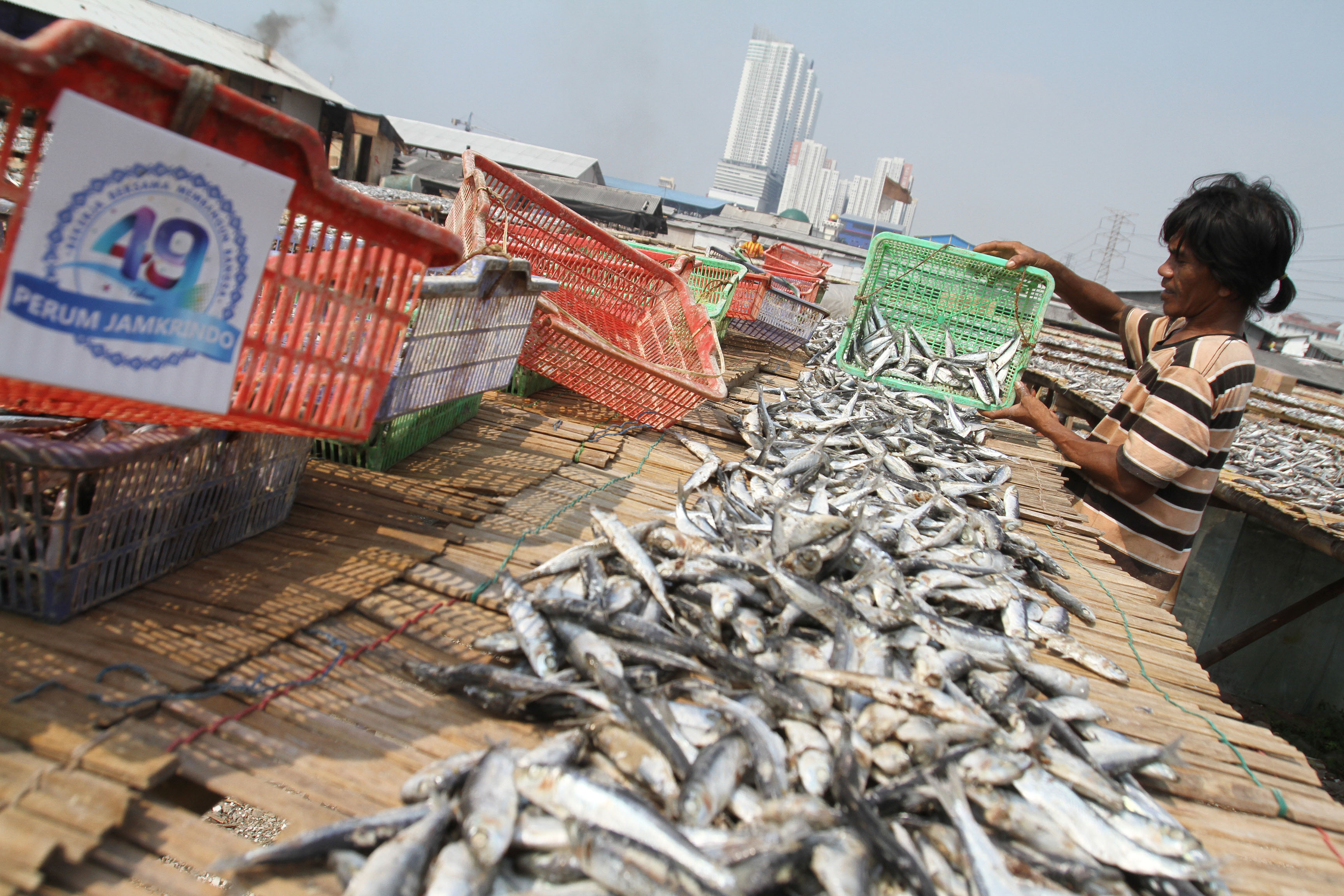Fitria (29), a resident of Ajibarang Kulon, Banyumas, was busy preparing a simple financial report one morning. The report was an essential document required for her productive credit application at a local bank.
She compiled handwritten financial records in a ledger, along with transaction summaries from her bank statements, ensuring that her application met the necessary requirements.
"This is my first time applying for a bank loan, so I need to make sure everything is in order," said Fitria, an online business entrepreneur.
The loan was crucial for expanding her business, particularly during peak seasons like Eid celebrations, when demand for clothing doubled. She needed additional capital to increase inventory and offer new clothing models to her customers.
"In this situation, capital is essential for maintaining business operations," she emphasized.
Fortunately, access to financing has become easier with government-backed affordable credit programs, such as the People’s Business Credit (KUR) guaranteed by Perum Jamkrindo. This initiative has been a game-changer for many MSMEs, especially those who were previously not considered bankable.
Bandi Setiawan, a leather shoe manufacturer in Purwokerto, also found bank financing to be a strategic move for his growing business. Since founding his company on March 20, 2008, his sales had steadily increased, prompting him to seek additional capital.
He secured a IDR 2 billion loan from Bank Jateng, which he used to: Purchase additional production equipment, Procure high-quality raw materials, Renovate his production facility.
"I've had a long-standing relationship with Bank Jateng, and the loan was exactly what I needed—no more, no less. It has been incredibly helpful," he shared.
This financial boost enabled Bandi’s business to expand significantly, increasing employment opportunities with: 40 workers in production, 30 marketing personnel, A production capacity of 5,000 pairs of shoes per month.
His products, including formal, casual, and off-road shoes, along with over 100 sandal models, are now sold across East Java, Central Java, and parts of West Java.
According to Bank Indonesia Purwokerto, KUR disbursements in the former Banyumas Residency reached: IDR 401.11 billion (January 2016, with 53,019 accounts), IDR 440.40 billion (December 2015, with 57,135 accounts), IDR 1.081 trillion (December 2014, with 122,170 accounts).
With KUR credit ceilings decreasing, MSMEs must improve financial management to maintain loan accessibility.
Supratigno, a consultant at PLUT KUMKM Central Java, emphasized the importance of entrepreneurial discipline:
"Many business owners fail to separate personal and business finances. We regularly train them on financial reporting to instill financial discipline."
Maintaining structured financial records helps MSMEs track cash flow and access financing more easily.
As Indonesia’s largest credit guarantee institution, Perum Jamkrindo plays a vital role in supporting MSMEs, particularly in rural areas.
M. Arsad Dalimunte, Deputy Chairman of the Banyumas Chamber of Commerce (Kadin), highlighted Jamkrindo’s strategic impact:
"Jamkrindo must proactively motivate MSMEs because its role is critical to their growth. The company should continue offering business training and financial management assistance to unbankable micro and small enterprises."
He also suggested an evolutionary approach in training MSMEs, focusing on: Entrepreneurial mindset development, Strengthening business resilience, Encouraging independent business growth
To further enhance MSME accessibility, Jamkrindo has launched a digital guarantee platform, UMKM Layak, available at umkmlayak.co.id.
The platform aims to: Facilitate financing access for MSMEs, Provide training opportunities, Connect MSMEs with financial institutions
How UMKM Layak works: MSMEs register their business, They complete their personal and business information, They select the desired service, They receive financing and support.
Currently, 259 MSMEs have registered and benefited from the platform, but there’s still room for growth given the vast number of MSMEs in Indonesia.
Jamkrindo’s President Director, Randi Anto, explained that the company evaluates MSMEs using a comprehensive scoring system, integrating: Jamkrindo Scoring (JScore), Psychometric assessments, Credit bureau (LPIP) data, National ID (NIK) verification.
The UMKM Layak platform allows MSMEs to secure financing more efficiently, connecting them with bank and non-bank financial institutions.
Through continuous innovation, Jamkrindo is accelerating MSME growth, ensuring financial accessibility, and helping businesses scale up.
written by Puji Purwanto,
3rd Place Winner of the Perum Jamkrindo Journalism Competition 2019 and
was originally published on SuaraMerdeka.com on June 22, 2019.



